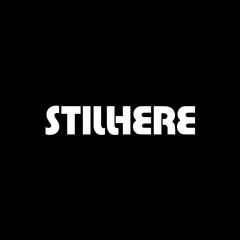Yasmine Jameelah (Photo courtesy of her)
The people fighting to end systemic inequality have been talking to VICE for years. Now we're catching up with them to find out what's changed.
Advertisement
Advertisement
Advertisement
Advertisement
I've had people reach out to say, you know, “I'm not a Black woman” or “I'm not a Black man” “but your content has helped me, too.” And so that's really awesome to know that even though I center Black people in my content, that other people have been able to resonate with what we share.“Unfortunately, no other race of people knows what it's like to have to, on a daily basis, watch themselves being murdered online.”
Advertisement
